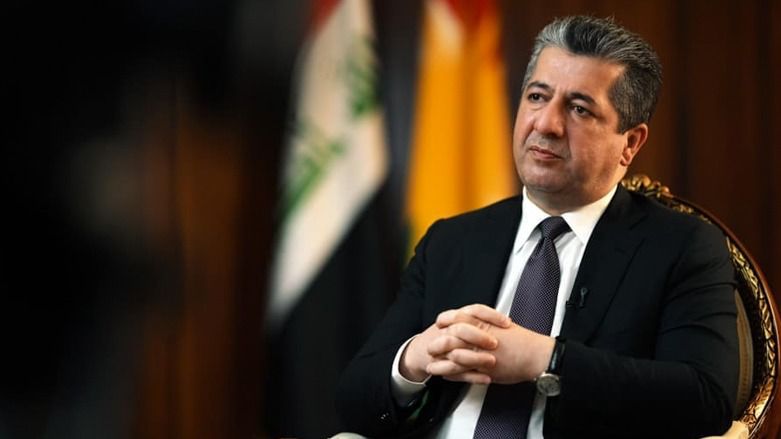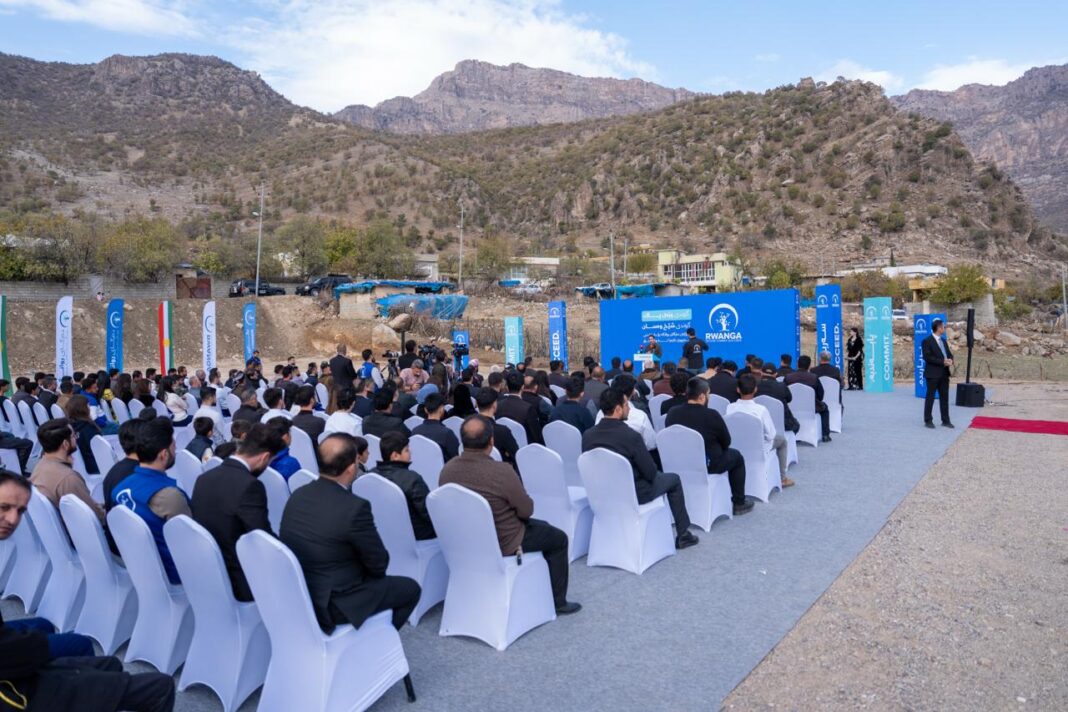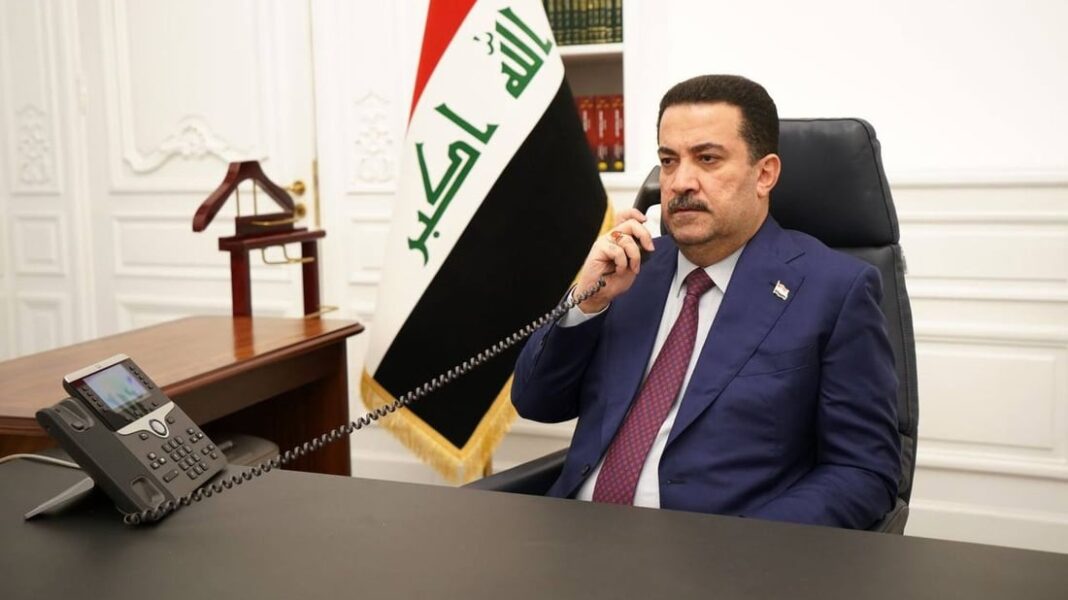Khor Mor Security Threat continues to escalate as Kurdistan Region Prime Minister Masrour Barzani strongly condemned the latest drone attack on the Region’s main gas field on Thursday. He urged Baghdad to identify the perpetrators and pressed Washington to supply defensive systems to protect vital civilian infrastructure.
Barzani denounced the strike in a direct statement on X. He stressed that Kurdistan faces increasing danger and called for urgent action. He also warned that past negligence allowed repeat offenders to escape accountability.
The Khor Mor gas field in Sulaimani province came under another drone strike late Wednesday. The attack caused a massive blaze that crews still struggle to control. Moreover, the strike triggered a Region-wide power disruption that deepened public concern.
Officials from the Department of Media and Information confirmed a major drop in electricity production. They explained that output fell from 4,000 megawatts to nearly 1,000. Therefore, the government cannot maintain the 24-hour supply promised under the Runaki project. Electricity now reaches homes for only five hours each day.
Iraq’s Security Media Cell described the drone strike as a treacherous and serious terrorist act. Although no casualties were reported, the attack intensified national worries about energy stability and security.
The field, located in Chamchamal district, is operated by Pearl Petroleum, which includes Dana Gas and Crescent Petroleum. Khor Mor has endured repeated Katyusha and drone attacks over recent years. Kurdish authorities have often blamed Iran-backed militias for similar operations.
A deadly April attack last year killed four Yemeni workers and halted production. That incident also cut electricity across the Kurdistan Region. Although no group claimed responsibility for the latest strike, many officials see clear patterns that resemble earlier assaults.
Barzani again appealed to international partners, especially the United States, for support. He emphasized the urgent need for defensive equipment to protect critical infrastructure. He stressed that repeated attacks harm progress and endanger civilians.
Khor Mor Security Threat also affects broader energy plans. Senior KRG officials have warned that such strikes undermine efforts toward self-reliance in oil and gas. They argue that these attempts deliberately block growth and stability.
Safeen Dizayee previously confirmed that Washington recognizes the gravity of the situation. He said the KRG has discussed establishing a defence system to protect both Kurdish and Iraqi assets.
Deputy Chief of Staff Aziz Ahmad indirectly blamed federal-aligned militias for the latest attack. He said the strike caused widespread blackouts and reduced electricity transfers to federally controlled areas. He noted that nearly 10 percent of Iraq’s electricity generation now remains halted.
Ahmad supported Barzani’s appeal for international help. He questioned how many more attacks must occur before the US permits the KRG to purchase anti-drone systems.
With tensions rising, many leaders warn that the Khor Mor Security Threat demands immediate and decisive action.



